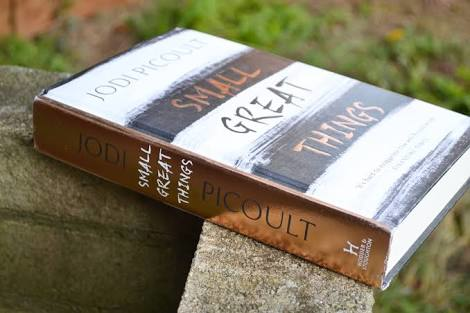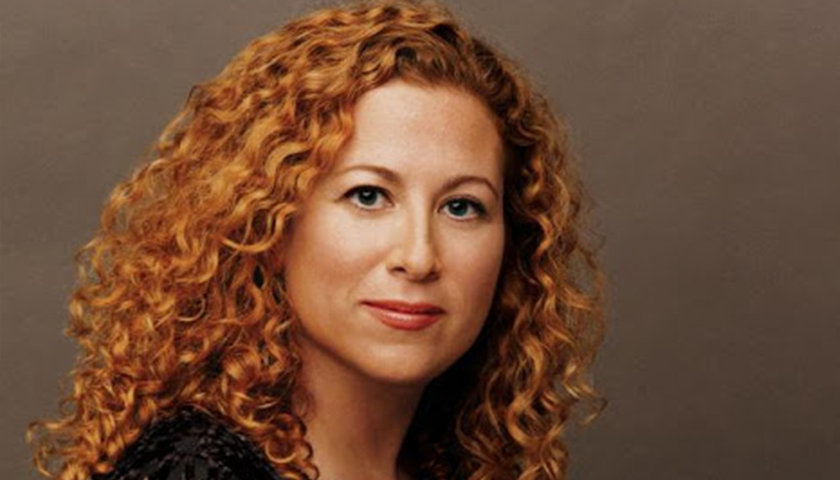After the uproar over the denial of restroom access to two African American men, on May 29, the coffee chain Starbucks announced that it will close more than 8,000 stores across the country for an afternoon, for its employees to undergo “racial-bias education” training, to deal with what diversity experts call “unconscious bias” against those of another race.
Years after racial segregation was banned by law in the US, the problem keeps rearing its ugly head. Jodi Picoult’s novel, Small Great Things, confronts racism head on, even the hidden prejudices often ignored by those who think they are not racist like those Neo-Nazi skinheads. The white lawyer who takes up the case of a black woman wrongly accused, never noticed that when she exits a store, she is not searched, but her client’s bags are always examined. The implication being that black people are more likely to be shoplifters.

Source : Tenpennydreamscom
This book is not hot off the press, but better read late than never. The brilliant novel takes its title from the Martin Luther King Jr. quote, “If I cannot do great things, I can do small things in a great way.”
The protagonist, Ruth Jefferson, the daughter of a maid who worked all her life for a white family, believes she has risen above her race and social status when she studies hard to become a labor and delivery nurse. She is proud of her efficiency and never questions why there are no other black nurses at the hospital where she works.
Ruth’s husband was killed while serving in Afghanistan, but she sees to it that her son, Edison, goes to college and concentrates on his studies. They live in a white area of Connecticut and Ruth is sure she earned the privilege of equality by the sheer dint of her education and achievements. But the edifice she has built for herself and Edison proves to be fragile. First white supremacists Turk and Brittany Bauer refuse to allow Ruth to touch their newborn son, and the hospital agrees. Ruth is hurt and shocked, but worse is to come. When as per orders, she hesitates just for a moment in looking after the infant, he dies. The angry parents accuse Ruth of murder. She is arrested and dragged from her home in her night clothes, like a common criminal and her home trashed by vindictive white cops.

Source : The Times dailyeye
Ruth cannot afford to hire a lawyer so she is assigned a public attorney, Kennedy, an earnest and well-meaning white woman, who, till she takes up Ruth’s case, never realised how deep racism runs in America. Ruth herself balks at taking the support offered by a black power group, but when she is increasingly isolated, it is a kind of solace to know that somebody cares—even if they are media-baiting strangers.
Turk Bauer is a total creep, who hates blacks because brother was killed in an accident involving an African American driver. He joins a white power group and turns into a hardliner. But his grief over the death of his son and the fear of losing his wife are genuine. Picoult does not discriminate between black emotions and white.
Small Great Things tends to be too preachy, sags after a point and has an overly melodramatic climax. But it is an important novel in a continuing dialogue about contentious race relations in the US. As Picoult writes in her author’s note, “There is a fire raging and we have two choices: we can turn our backs, or we can try to fight it. Yes, talking about racism is hard to do, and yes, we stumble over the words—but we who are white need to have this discussion amongst ourselves. Because then, even more of us will overhear and then, I hope, the conversation will spread.”
Small Great Things
By Jodi Picoult
Publisher: Ballantine
Pages: 480





-173X130.jpg)

-173X130.jpg)
-173X130.jpg)

-173X130.jpg)
-173X130.jpg)
-173X130.jpg)